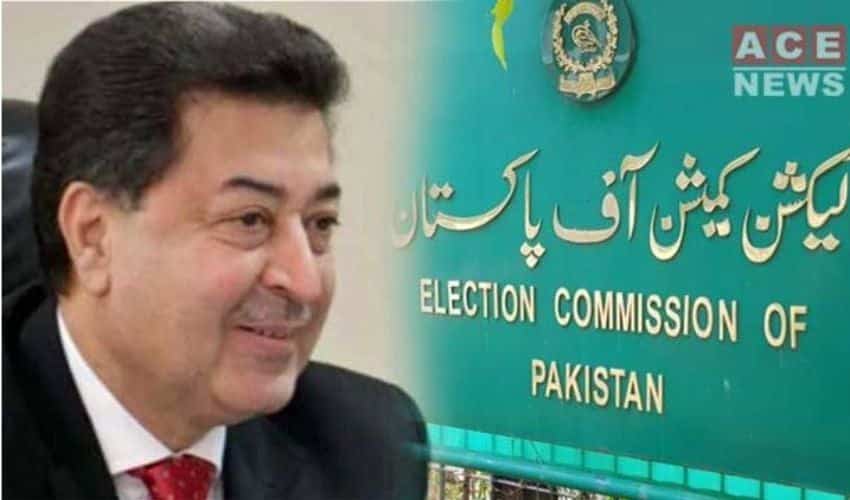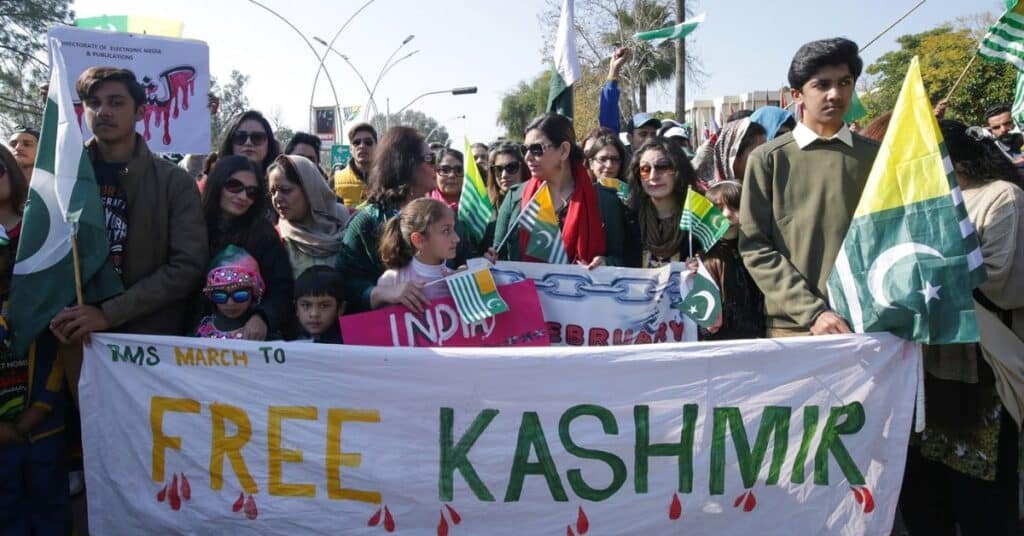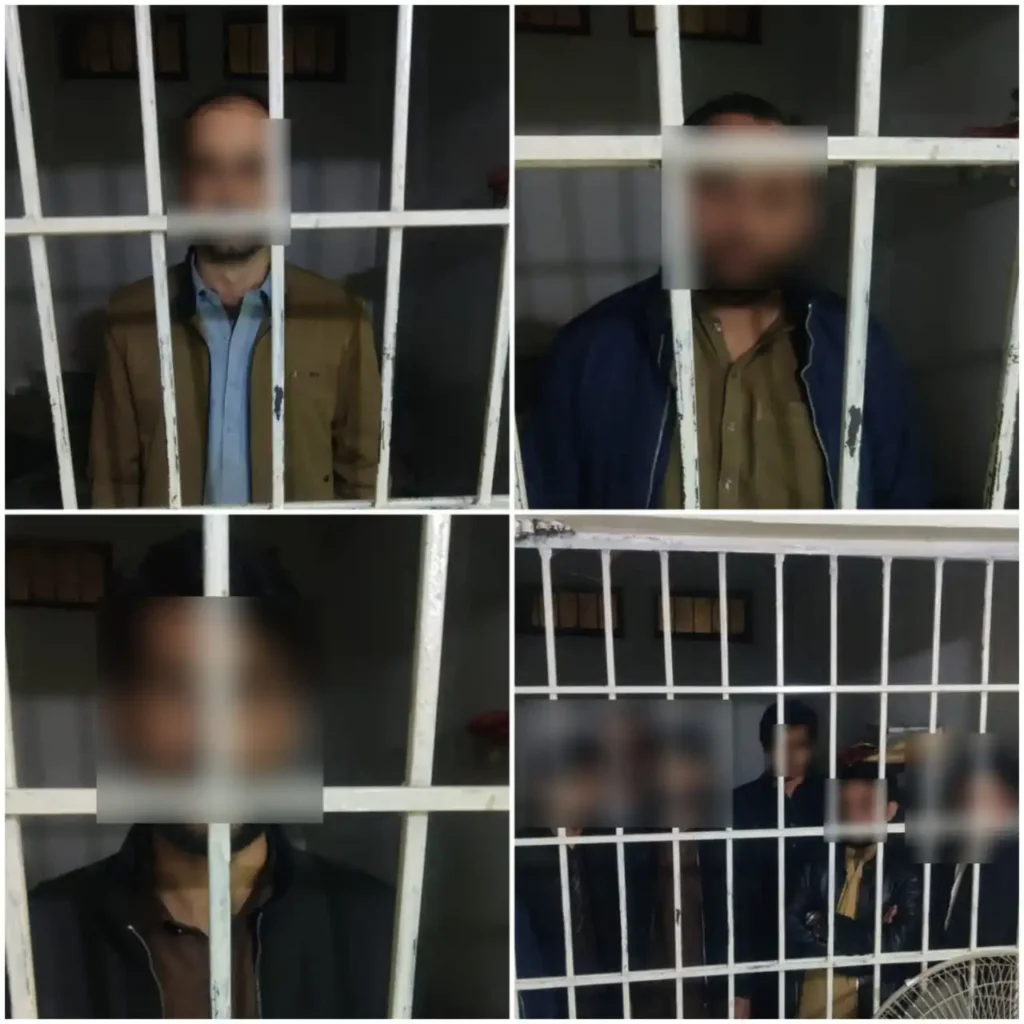ISLAMABAD: In the wake of the Supreme Court’s recent ruling on the allocation of reserved seats, the Election Commission of Pakistan (ECP) is expected to hold a high-stakes meeting today to discuss the legal and procedural roadmap for implementing the decision. The meeting may also lead to the issuance of official notifications for successful candidates on women and minority reserved seats.
According to ECP sources, Chief Election Commissioner Sikandar Sultan Raja will chair the meeting, which will bring together all ECP members, constitutional law experts, and members of the commission’s legal and advisory teams. The primary focus will be to determine how to act upon the Supreme Court’s June 12 ruling, which has major implications for the distribution of reserved seats in legislative bodies across the country.
One of the key issues to be discussed is the legal status and entitlement of the Sunni Ittehad Council (SIC) to the reserved seats in question. The ECP’s legal team is expected to analyse whether the party, which recently gained representation through independent candidates, qualifies for reserved seat allocations under the law. The meeting will also review the restored judgment of the Peshawar High Court, which had earlier ruled in favour of SIC’s claim before being overturned.
Legal experts suggest that if consensus is reached and all legal hurdles are cleared, the ECP may proceed with issuing the final notifications for reserved seat winners as early as today. This move would allow the elected members to take their oaths and officially join parliamentary proceedings.
Political observers are closely monitoring the situation, as the outcome could significantly impact the numerical strength of parties in national and provincial assemblies. If the reserved seats are allotted differently than expected, it may alter the power balance between the treasury and opposition benches, affecting voting outcomes on key legislation and the overall governance framework.
Analysts believe the decision’s implementation could reshape opposition strategy, strengthen or weaken party alliances, and influence upcoming parliamentary sessions, particularly those related to budget approvals and confidence motions. The Election Commission’s final move is being viewed as a critical moment in Pakistan’s ongoing political transition, with high public and political interest in the transparency and legality of the process.
Read also: PTI to Protest Supreme Court Verdict on Reserved Seats: Barrister Gohar





